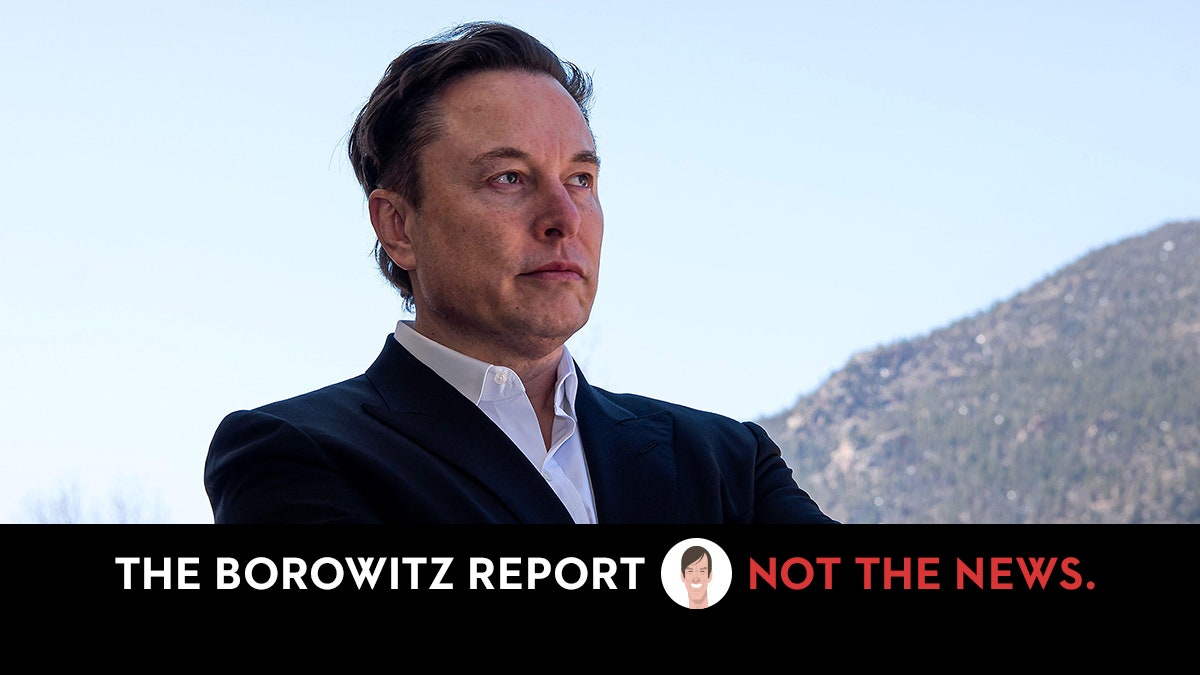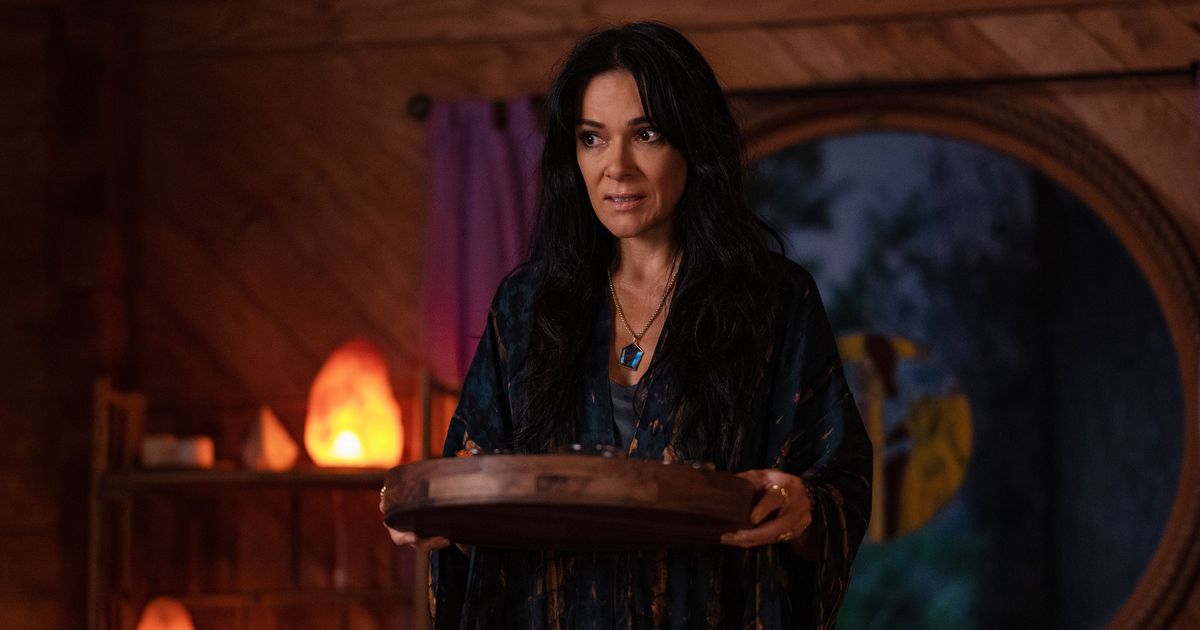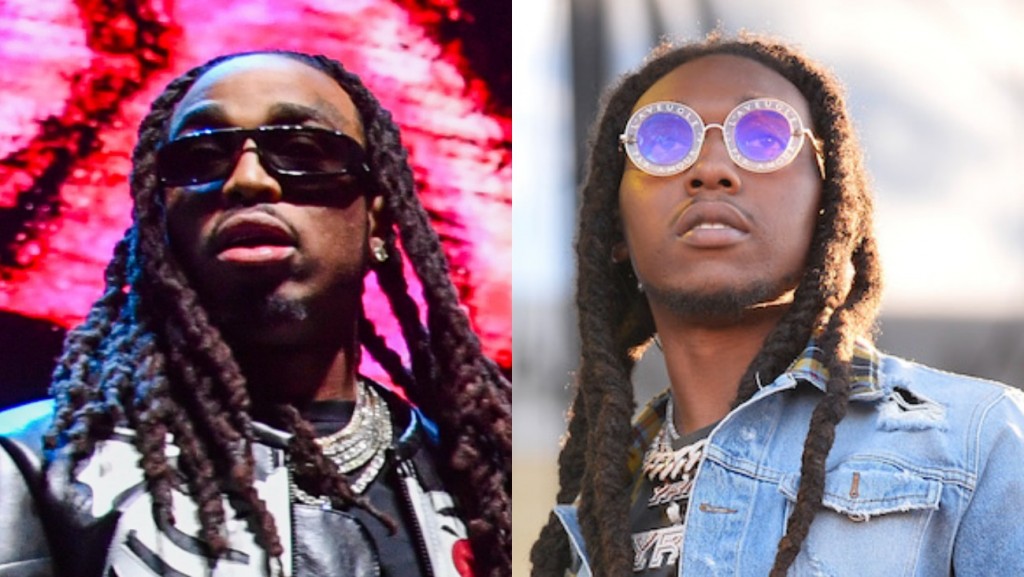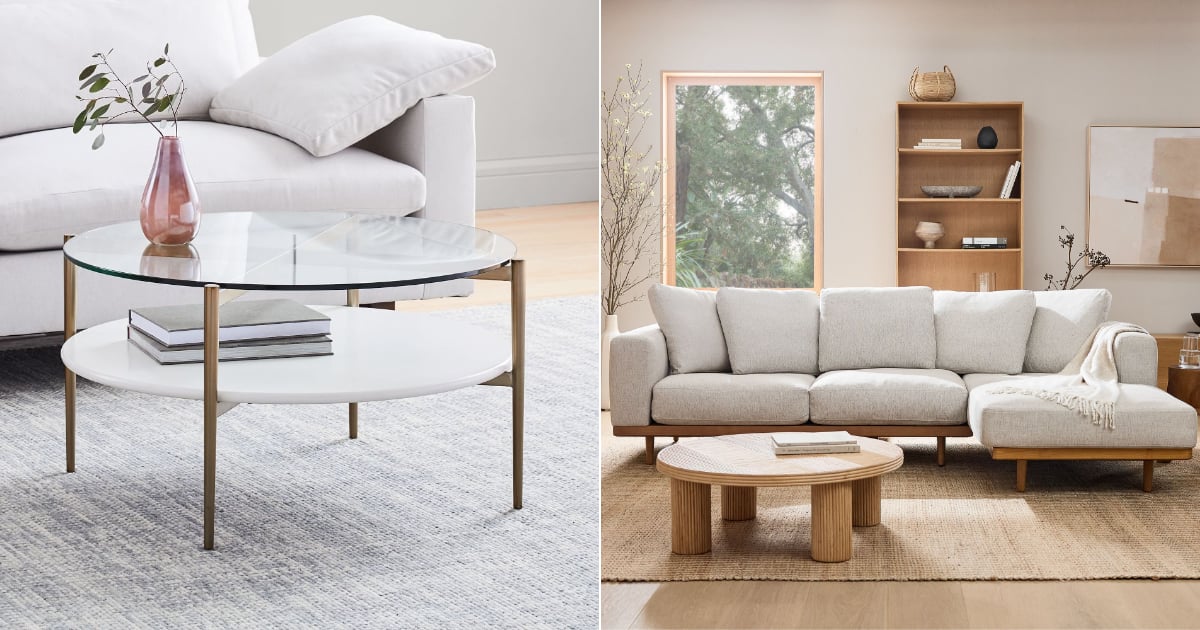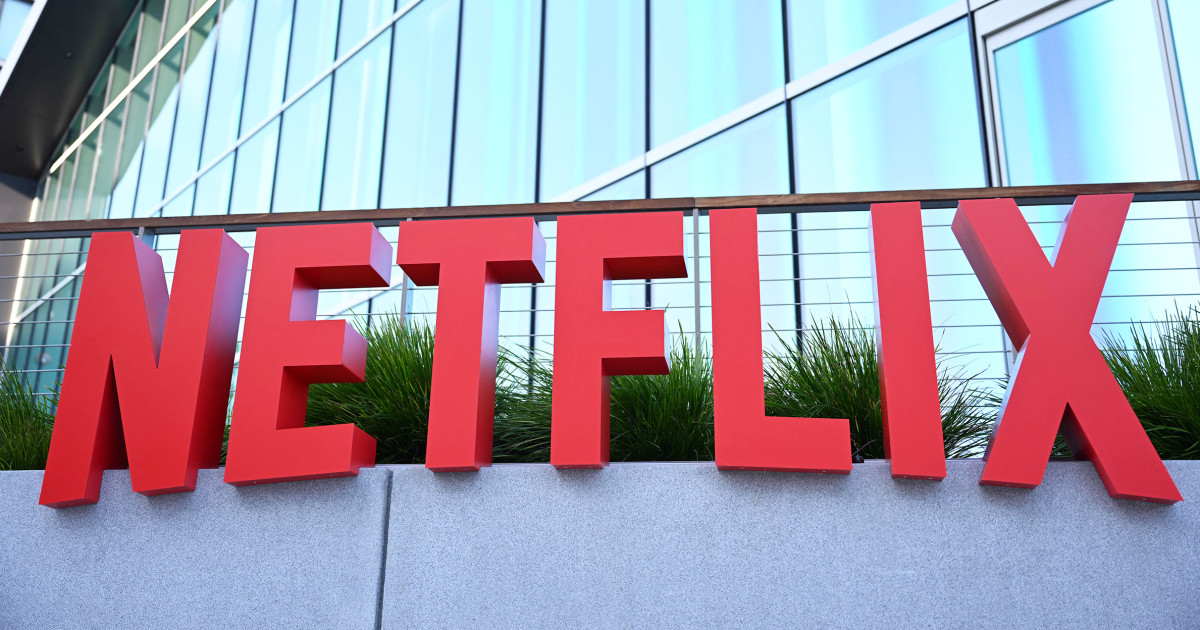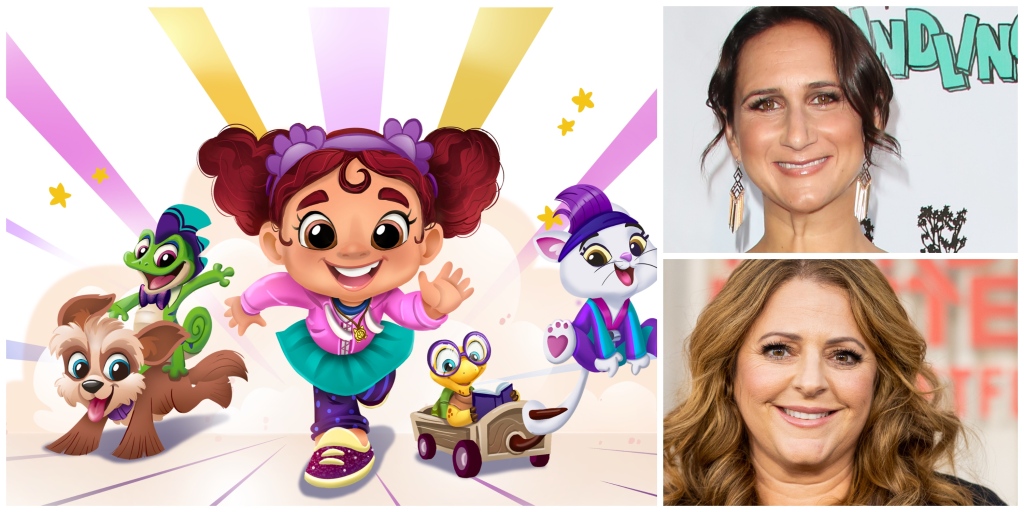Kylie Jenner invites Kardashians to talk beauty standards. That’s big.
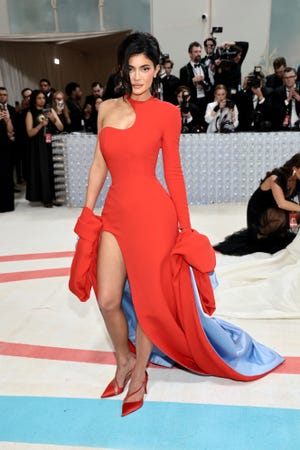
The Kardashians have served as the standard for beauty and body image for most of the past decade. Are they finally going to have a real discussion about the unrealistic ideals they’ve perpetuated?
Kylie Jenner’s comments in the first trailer for season 3 of “The Kardashians” promises some discourse from the famous family: “All of us need to have a bigger conversation about the beauty standards we’re setting,” she says. “I don’t want my daughter to do the things I did.”
“I wish I never touched anything to begin with,” she adds, seemingly acknowledging past cosmetic procedures.
Jenner expressing regret for her role in dictating unrealistic beauty standards is a step in the right direction, body image experts say. But will it be too little too late coming from a famous family that has left countless viewers at home feeling like the finish line for beauty is constantly getting pushed back?
The Kardashians’ complicated place in setting body standards
Body image standards existed before the Kardashians, and they’ll exist after. Like it or not, experts say the images they present to the world have a strong impact on how others feel they should look.
From a biological perspective, notes University of Houston sociology professor Samantha Kwan, traits such as large breasts, clear skin and slim waist will always be considered ideals because they go hand-in-hand with beliefs about fertility and health. But what’s considered “beautiful” changes all the time in part because it’s a “social construction.”
“The world has figured out a way to commodify beauty. People like newness,” adds body confidence coach Tiffany Ima. “So after a while, people are like, ‘OK, this body has been trending for a little bit. Let’s go ahead and change what we think is beautiful.’ … If your body doesn’t happen to be in style at the time, it’s going to make you want to look like what the standard is.”
That standard is currently shifting, many have observed. Jenner’s famous large lips have shrunk. Kim Kardashian revealed she rapidly lost 16 pounds to fit into Marilyn Monroe’s dress for the Met Gala last year. The New York Post published the headline “Bye-bye booty: Heroin chic is back” in the fall. And stars like Adele, Rebel Wilson and Mindy Kaling losing weight have sparked massive public interest.
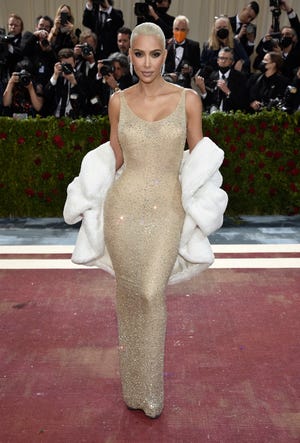
“It’s not actually attainable because it’s not affordable,” Ima says, adding the problem with people wanting to look like the Kardashians is that most will never be able to. The amount of money they have means they have access to trainers, surgeries and procedures that the average person can’t afford. But many will try anyway, only to wake up one day and discover that the beauty ideal they’ve been putting time, money and effort into has suddenly been erased in favor of the next one.
The Kardashian empire’s influence is further complicated by the fact that they’ve been accused of appropriating beauty styles and body features associated with Black women, usually without giving them credit. And now those features are being dropped in favor of more white-centric features.
“People like to see Black features on non-Black bodies,” Ima says. “For Black women, it’s the only time in history that our body types have been ‘in,’ so to speak. But then it also puts additional pressure on the Black women who don’t look like that.”
Are Kylie Jenner’s comments too little too late?
Jenner’s comments in the new “Kardashians” trailer were brief, but seem to mark a growing shift in the famous family acknowledging their role in setting unattainable standards. (Khloé Kardashian admitted in 2021 she had gotten a nose job, but asked the public to refrain from commenting on her body.)
“Having one of the biggest influencers in the world embrace and promote a new standard about body diversity is an important step to real structural change,” Kwan says. “If beauty standards are in part created by mass media, these ideals can shift if prominent influencers in mass media sincerely question narrow beauty ideals, embrace body diversity, and celebrate women as entire beings beyond just their looks.”
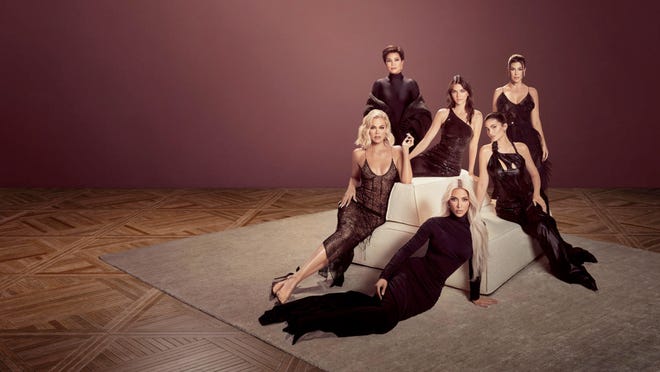
Those who have had cosmetic surgeries can regret their choices for a number of reasons, says Kwan, who co-authored the book “Under the Knife” based on interviews with women who have opted into these procedures.
“Some wished surgery churned out better aesthetic results, while others regret that they were not able to embrace their own unique beauty,” Kwan says. “Some expressed self-loathing and an ongoing struggle to achieve self-love and forgiveness. However, they all had one thing in common: All of them desired a change in the current beauty culture that places so much of women’s worth on her looks.”
More on the Kardashians, celebrities and body image
Jimmy Kimmel joked about Ozempic.We need to actually talk about it.
More:Khloe Kardashian’s nose job confession and the pressure to look perfect
Pilates, low-rise jeans and Kardashians:Is ‘skinny’ making a comeback?
More:What purpose does a new ‘Kardashians’ show serve now? More than you’d think.




